ChatGPT dragged to US court over AI copyright
The plaintiffs accuse OpenAI of using their works to train their artificial intelligence models without permission, adding to a series of cases that could complicate the development of tech world's biggest new trend.
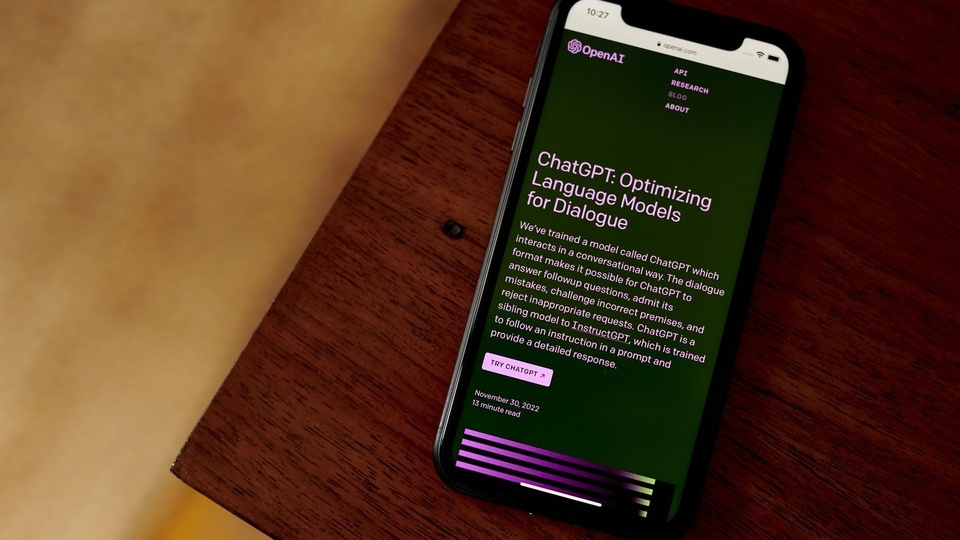
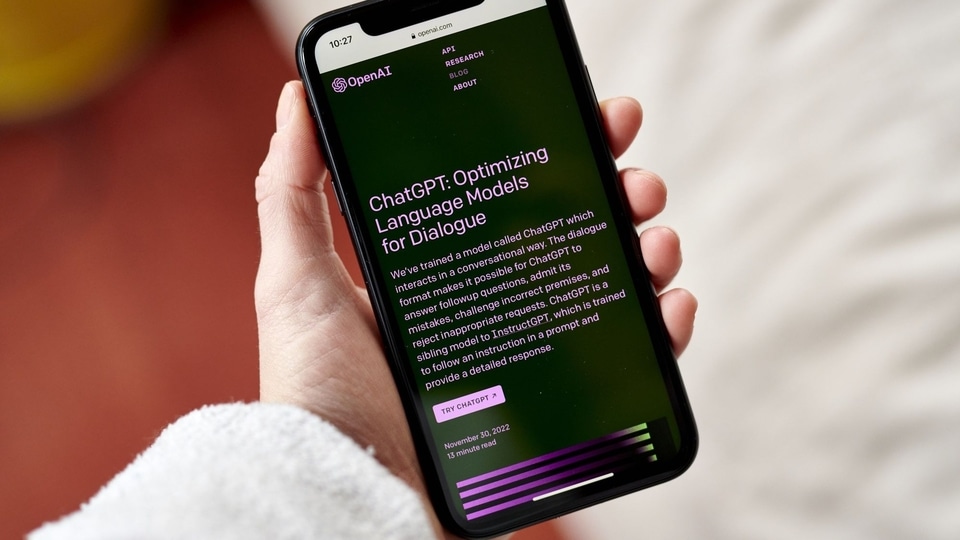
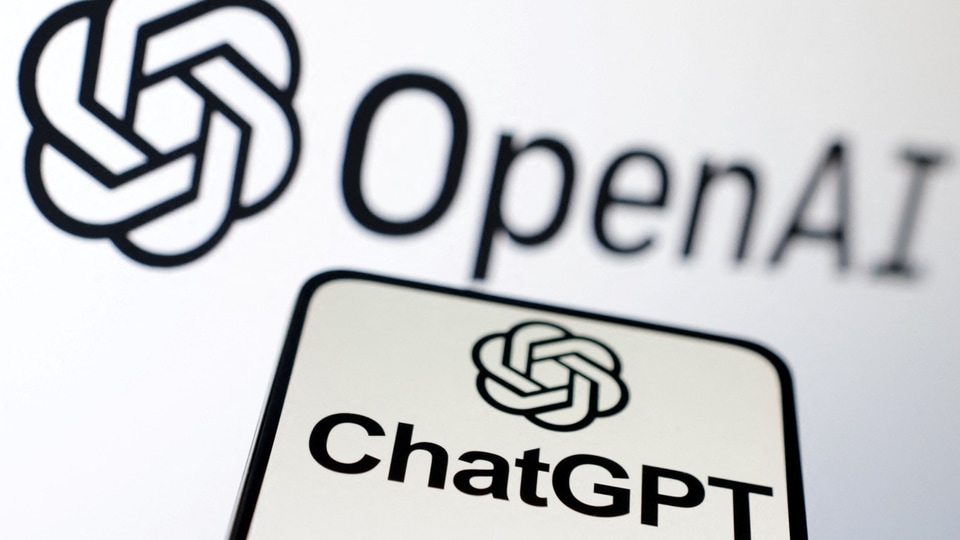
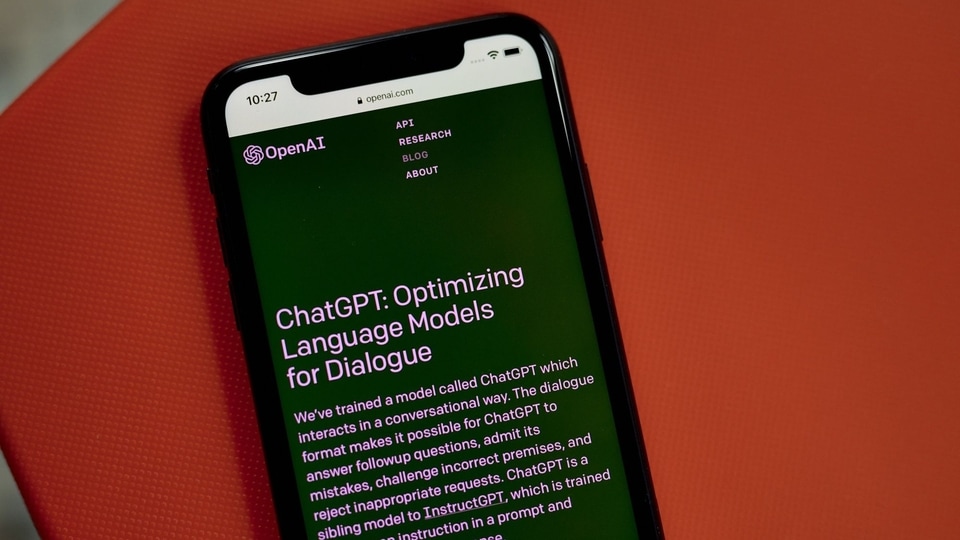
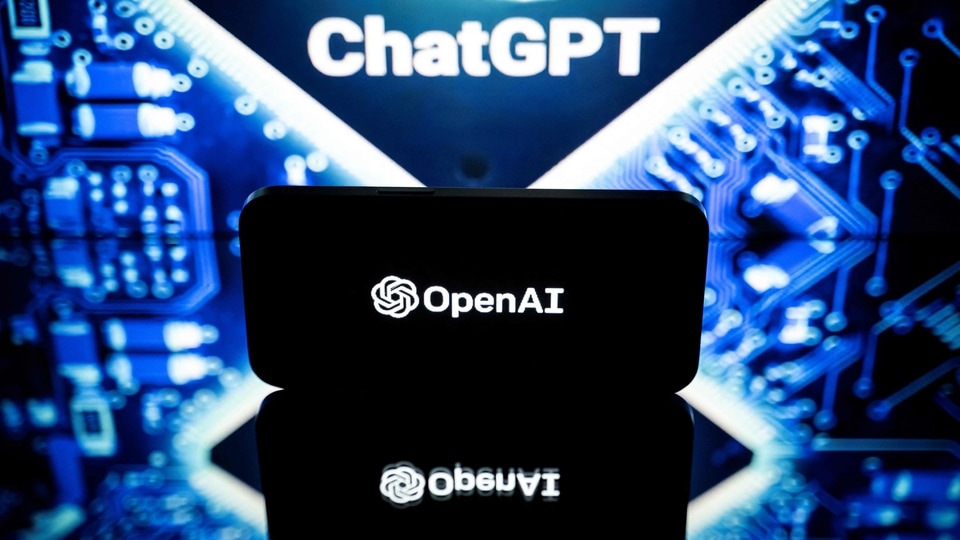
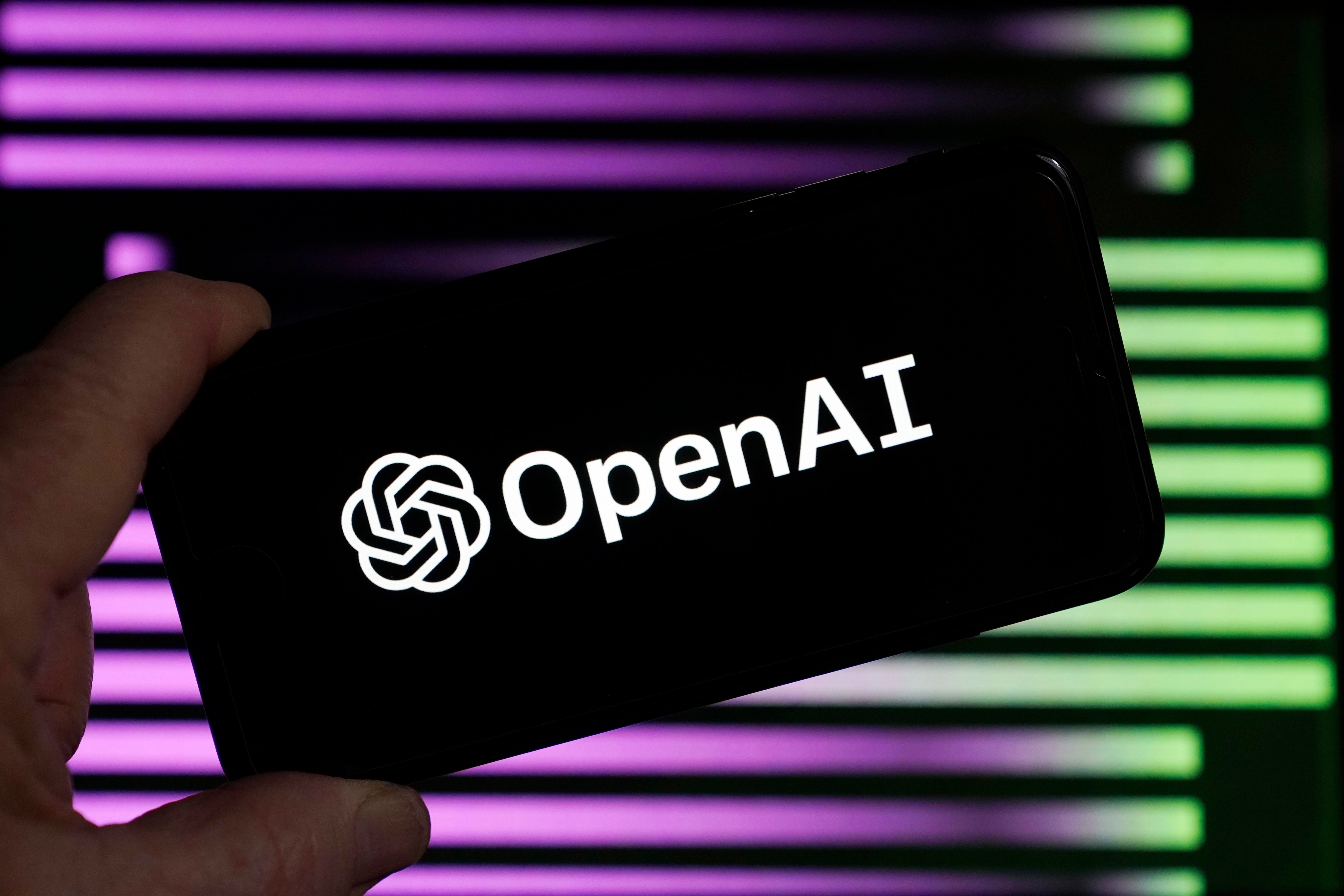
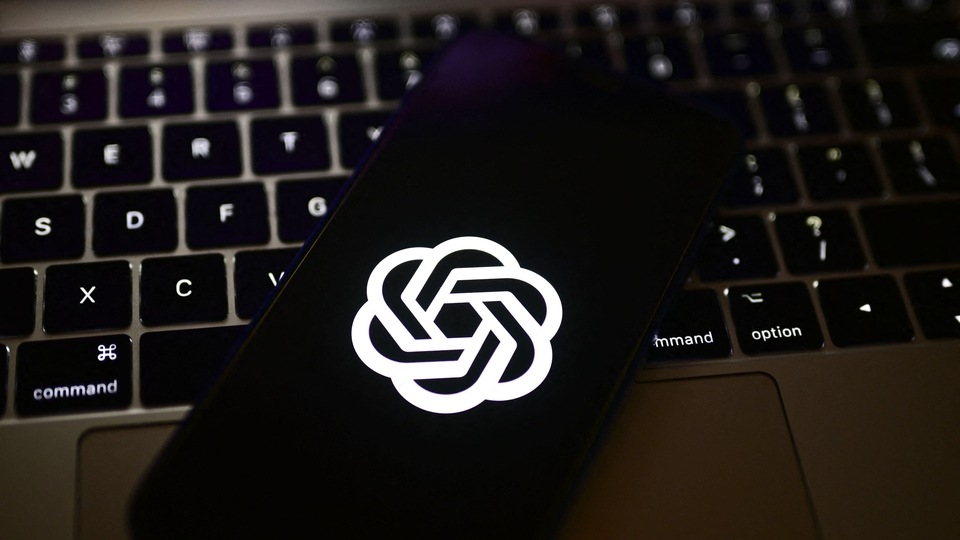
 View all Images
View all ImagesUS comedian Sarah Silverman and two other authors have sued OpenAI over copyright infringement in the latest pushback by creatives since the company's release of ChatGPT took the world by storm.
The plaintiffs accuse the San Francisco company of using their works to train their artificial intelligence models without permission, adding to a series of cases that could complicate the development of tech world's biggest new trend.
The trio also filed a suit against Facebook parent company Meta, whose less known open source models also used pirated downloads of their books for training purposes, the suit alleged.
Much of the training material used by OpenAI and Meta "comes from copyrighted works -- including books written by the plaintiffs -- that were copied by OpenAI and Meta without consent, without credit, and without compensation," the trio's lawyers said in a blog post.
In both lawsuits, which were filed on Friday in a California court, the authors accuse the tech companies of using their books to train their AI models and are claiming a series of copyright infringements.
If these types of cases succeed, they would upend the way the technology is developed, limiting the way tech giants can build their models and churn out convincing human-like content.
Plaintiffs in the barrage of recent cases include source-code owners against OpenAI and Microsoft's GitHub, visual artists, as well as photo agency Getty against Stability AI.
San Francisco lawyers Joseph Saveri and Matthew Butterick are behind other such lawsuits and filed the latest on behalf of Silverman and the authors Christopher Golden and Richard Kadrey.
The lawsuit referred to Silverman's 2010 bestselling memoir "The Bedwetter," Golden's horror novel "Ararat" and Kadrey's Sandman Slim supernatural noir series.
Silverman is best known in the United States for her edgy and often controversial humor as well as being outspoken on social and political issues.
Against OpenAI, the plaintiffs say they "did not consent to the use of their copyrighted books as training material for ChatGPT. Nonetheless, their copyrighted materials were ingested and used to train ChatGPT."
The authors provided exhibits in the lawsuit that gave ChatGPT's detailed summaries of their works.
Against Meta, the trio say the company turned to an illegally constructed "shadow library" to build the firm's LLaMA models that included their works.
These libraries use pirated torrent downloads to illegally publish copyrighted works.
OpenAI declined to comment on the lawsuit, while Meta did not immediately respond to a request for comment.
Catch all the Latest Tech News, Mobile News, Laptop News, Gaming news, Wearables News , How To News, also keep up with us on Whatsapp channel,Twitter, Facebook, Google News, and Instagram. For our latest videos, subscribe to our YouTube channel.


























